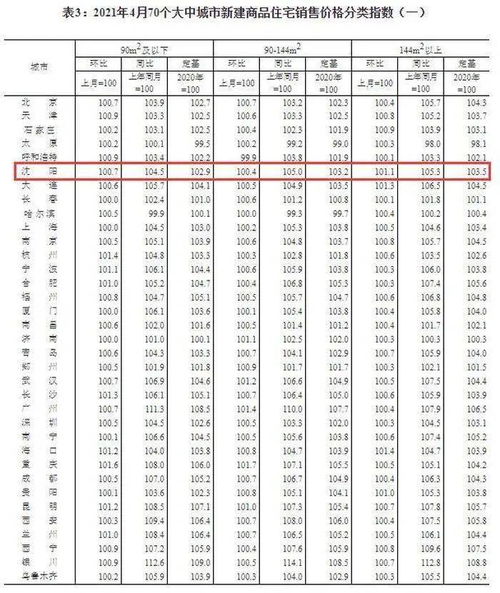房产价值英语怎么说(房产价格英文)
- 房产
- 2025-08-26
- 6
Unlocking the English Vocabulary for Real Estate Value: A Comprehensive Guide
In the dynamic world of real estate, understanding the value of properties is crucial for both buyers and sellers. Whether you are a seasoned investor or a first-time homebuyer, being able to communicate effectively about property value in English can make a significant difference in your transactions. Here, we delve into the English vocabulary that is essential for discussing real estate value.
Property Value: The Core Concept
The term "property value" in English refers to the worth of a piece of real estate. It is a fundamental concept that encompasses various factors such as location, condition, market trends, and comparable sales. Here are some key terms to understand the concept:

- Market Value: This is the most commonly used term and refers to the price that a property would sell for on the open market under current conditions.
- Appraised Value: An appraised value is the amount determined by a professional appraiser after considering various factors that affect the property's worth.
- Assessed Value: This is the value used by local governments to determine property taxes and is often based on a formula or a percentage of the market value.
Factors Influencing Property Value
Several factors can influence the value of a property. Here are some key terms in English to describe these factors:
- Location: The saying "location, location, location" is a testament to the importance of location in real estate. Terms like "prime location," "up-and-coming neighborhood," and "proximity to amenities" are used to describe the significance of location.
- Condition: The physical state of the property, including its age, maintenance, and upgrades, can greatly affect its value. Terms like "well-maintained," "renovated," and "fixer-upper" are used to describe different conditions.
- Market Trends: The overall trends in the real estate market can impact property values. Terms like "hot market," "buyer's market," and "seller's market" are used to describe market conditions.
- Comparable Sales: These are properties that are similar to the one being valued and have recently sold. Terms like "comps" (short for comparable sales) and "sales data" are used in this context.
Valuation Methods
Understanding the methods used to determine property value is important. Here are some key terms:
- Cost Approach: This method estimates the value of a property by considering the cost of replacing it with a similar one minus depreciation.
- Income Approach: This method is used for income-producing properties and estimates value based on the income the property generates.
- Market Approach: This is the most common method and involves comparing the property to similar ones that have recently sold.
Negotiation and Pricing
When discussing property value, it's also important to know the terms used in negotiation and pricing:
- List Price: This is the price at which a property is initially listed for sale.
- Offer: An offer is a proposal to purchase a property at a certain price.
- Counteroffer: A counteroffer is a response to an offer, often with a different price or terms.
- Appreciation: This refers to the increase in value of a property over time.
- Depreciation: The opposite of appreciation, depreciation refers to the decrease in value of a property.
Conclusion
Navigating the world of real estate value in English requires a solid understanding of key terms and concepts. By familiarizing yourself with these terms, you'll be better equipped to communicate effectively, whether you're buying, selling, or simply investing in real estate. Remember, the language you use can significantly impact how you convey and perceive property value, so it's always beneficial to have a comprehensive vocabulary at your disposal.























